 New York Dept. of Agriculture Commissioner Ball warns about mysterious seeds sent from China
New York Dept. of Agriculture Commissioner Ball warns about mysterious seeds sent from China
“Our office has received questions from a few New Yorkers who have received unsolicited packages allegedly sent from China that are marked as containing jewelry (or other items) but which actually contain plant seeds. Similar packages have been received in other states and the United States Department of Agriculture is investigating. People who receive seeds should not plant or handle the seeds. They should store them safely in a place children and pets cannot access and email USDA immediately at erich.l.glasgow@usda.gov for instructions. Seeds imported into the United States are rigorously tested to ensure quality and prevent the introduction of invasive species, insects, and diseases. We will continue to monitor this issue and will pass along guidance as it is received from USDA.”
*Note to newsrooms: Please advise consumers to email USDA with their full names and telephone numbers, pictures of the package and any other relevant information.



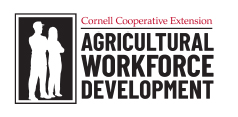

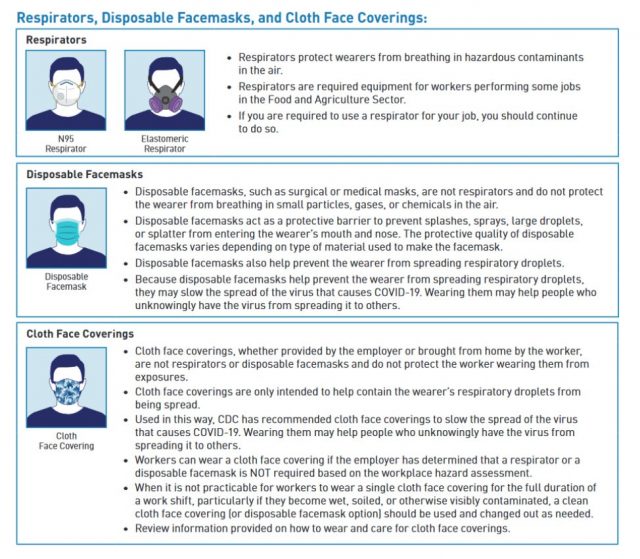
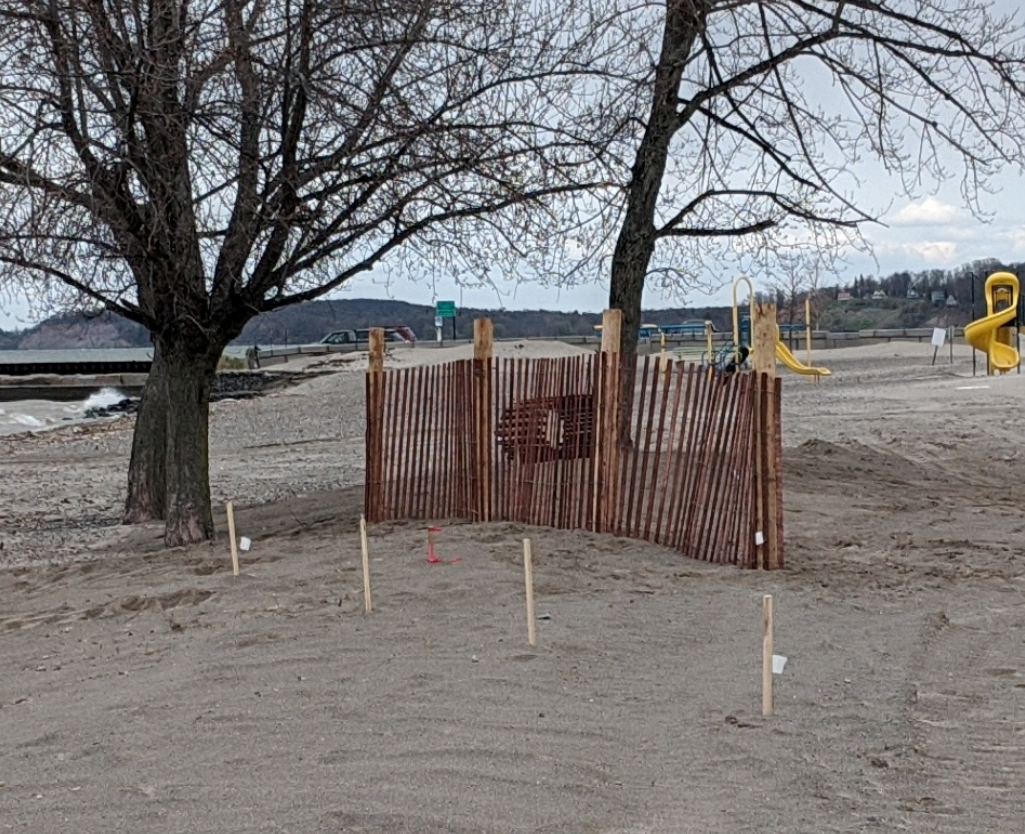 As part of the Lake Ontario REDI project, the Village of Sodus Point, located in Wayne County is presently beginning a beach nourishment project to build dunes for natural shoreline protection. This Friday & Saturday there are volunteer opportunities six feet apart to plant dune grass. Families are encouraged as they can work in a group. You must wear a facemask for protection. Groups will be spaced apart. Registration is required.
As part of the Lake Ontario REDI project, the Village of Sodus Point, located in Wayne County is presently beginning a beach nourishment project to build dunes for natural shoreline protection. This Friday & Saturday there are volunteer opportunities six feet apart to plant dune grass. Families are encouraged as they can work in a group. You must wear a facemask for protection. Groups will be spaced apart. Registration is required.
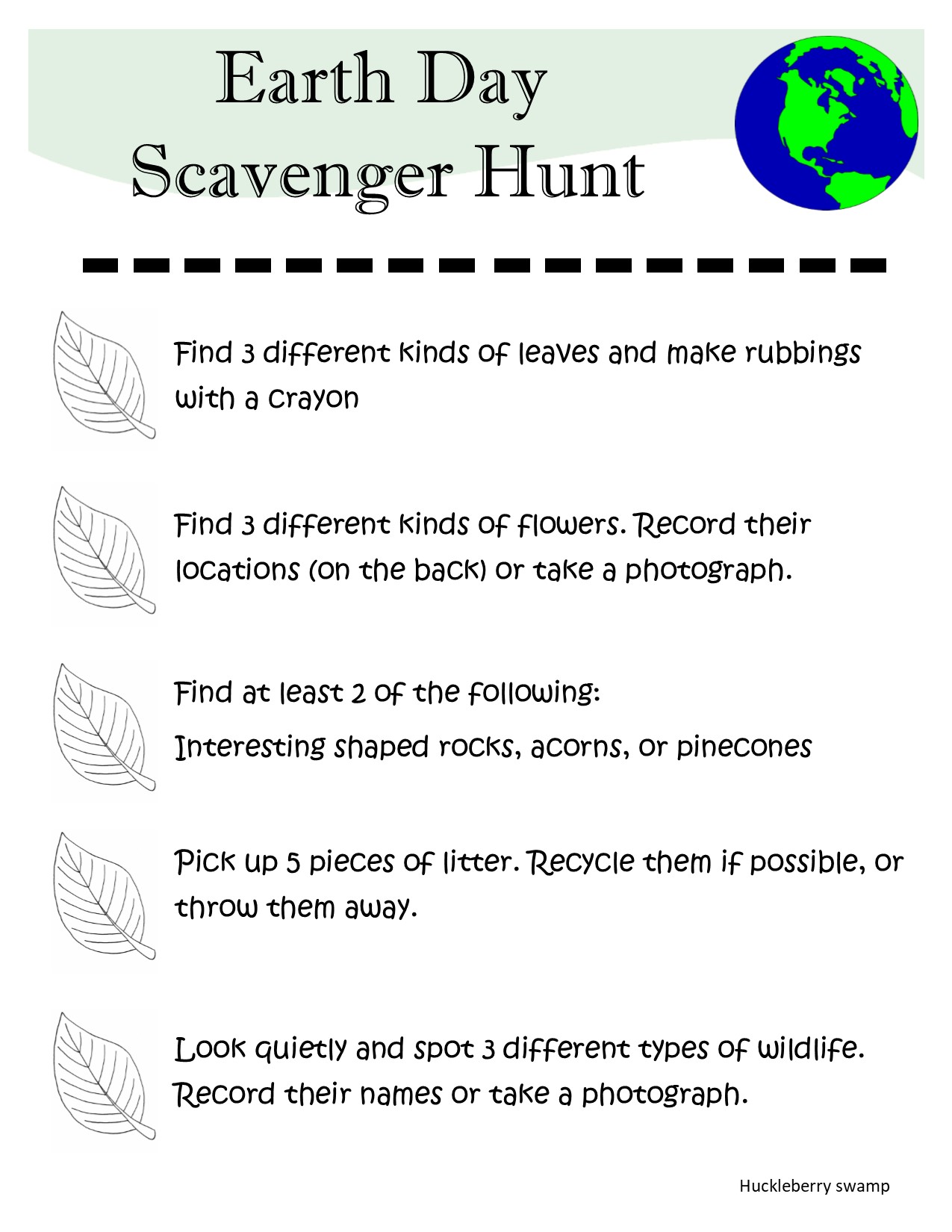 [
[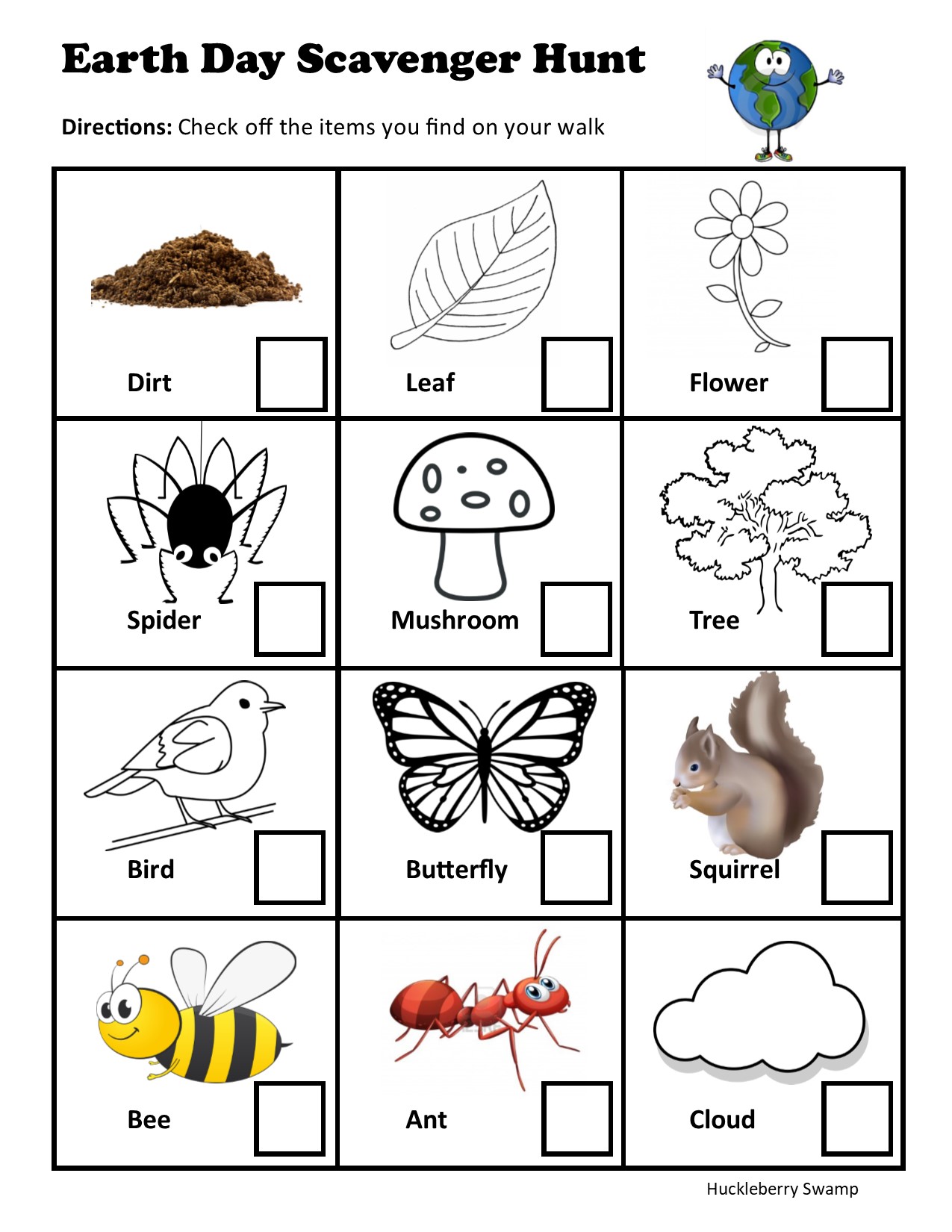
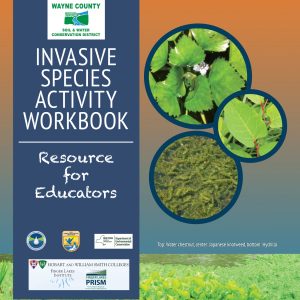

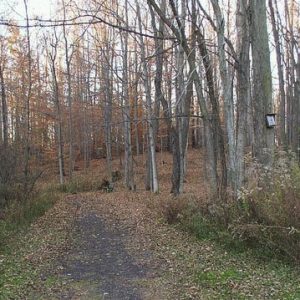
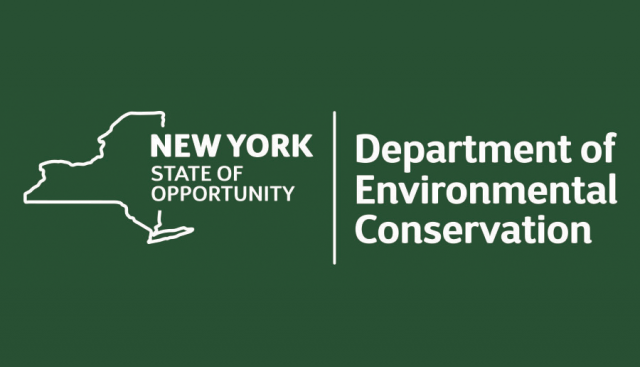 The NYSDEC recommends avoiding busy trailheads. Find the
The NYSDEC recommends avoiding busy trailheads. Find the 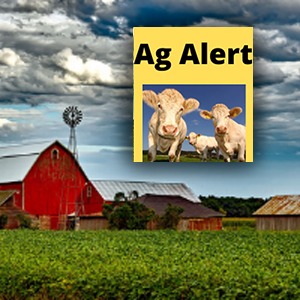 The U.S. is confronting an outbreak of a novel coronavirus that causes serious respiratory disease and may be deadly for older people and those with weakened immune systems.
The U.S. is confronting an outbreak of a novel coronavirus that causes serious respiratory disease and may be deadly for older people and those with weakened immune systems.